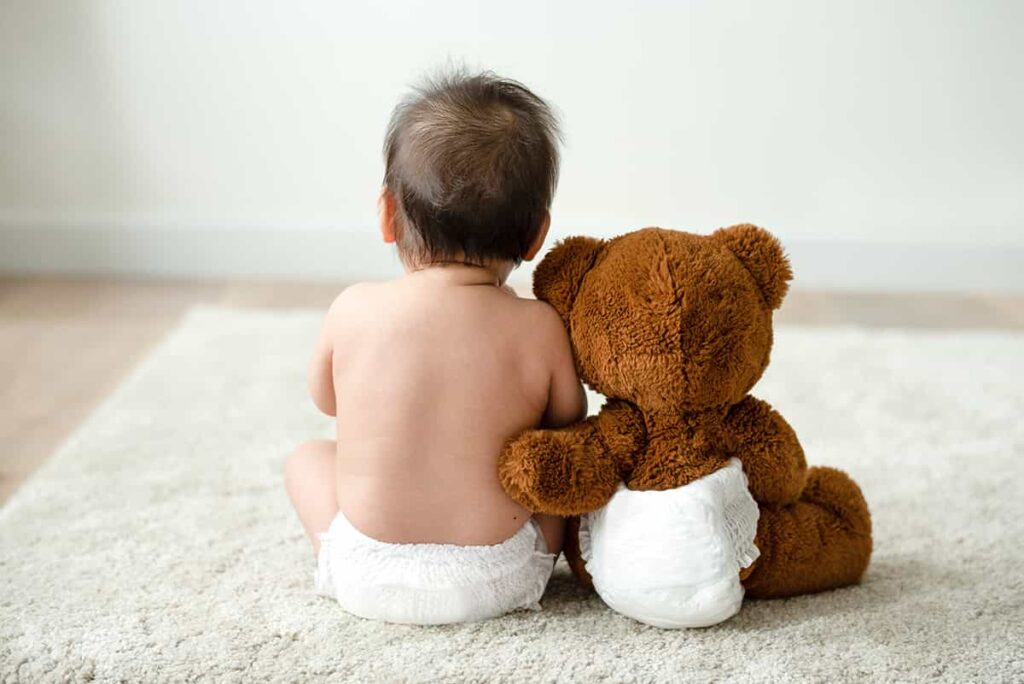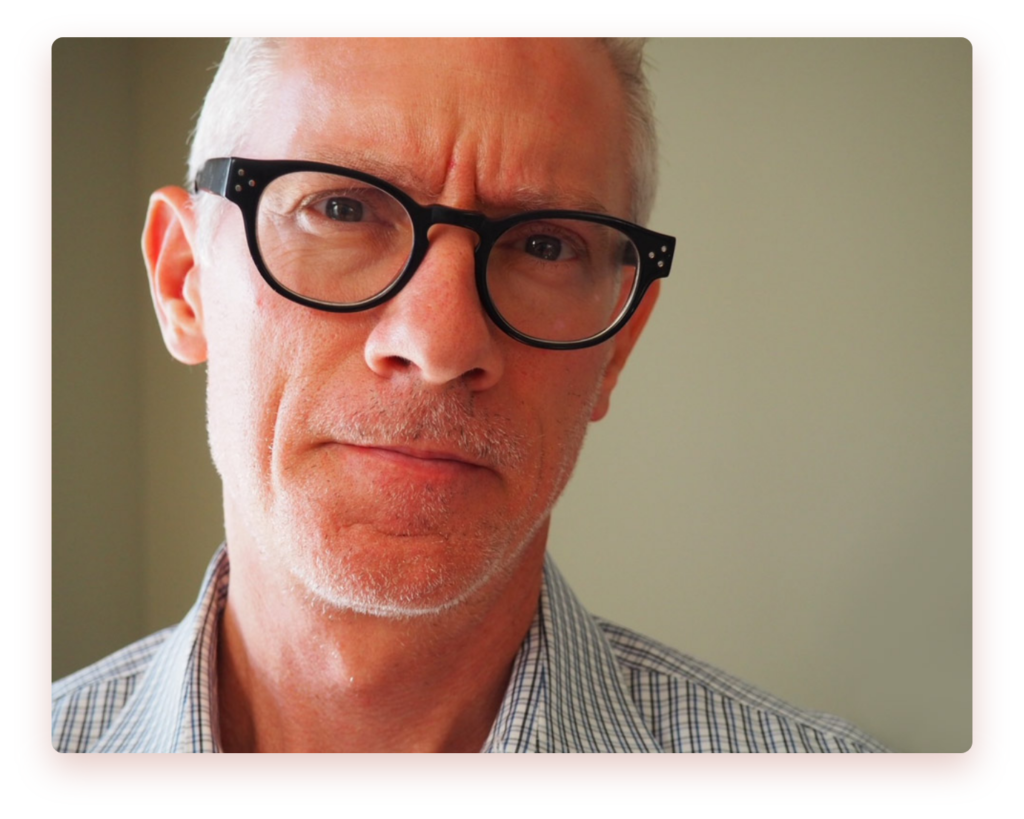
Your Brain Has a Love Map
When people say they have a “type” in romantic relationships, they’re not just being picky—they may be revealing something fundamental about how the brain encodes attraction and attachment.

When people say they have a “type” in romantic relationships, they’re not just being picky—they may be revealing something fundamental about how the brain encodes attraction and attachment.

When people say they have a “type” in romantic relationships, they’re not just being picky—they may be revealing something fundamental about how the brain encodes attraction and attachment.

Most people think of attachment as something that concerns babies and their mothers, a set of behaviors designed to keep helpless infants close to their caregivers. But decades of research in developmental psychology and neuroscience have revealed that attachment doesn’t disappear after childhood — it simply transforms.

We tend to think of feelings as fleeting, subjective experiences—mere reactions to the world around us and perhaps even distractions. But emotions, moods, and other subjective feelings are far more than momentary states or ; they are central to understanding why we act the way we do.

Couples therapy is often seen as a last resort—a way to mend a relationship teetering on the edge of collapse. However, many couples come to therapy without fully considering what they might best bring with them beyond just grievances and frustrations.
Anxiety Management
Biofeedback
Insomnia
Marriage & Couples Counseling
Psychotherapy and Counseling
Stress Management
Treatment

Dr. Brian Sullivan is a licensed clinical psychologist with over 25 years of experience. He holds a PsyD Doctorate in Clinical Psychology as well as a Master’s Degree in Clinical Psychology from Florida Institute of Technology (FIT). Dr. Sullivan believes his job is to work himself out of a job by helping people reach a point at which they no longer need his help.

Rachel Kepes is a Licensed Professional Counselor passionate about helping adolescents, their families, and adults struggling with life stressors, relationship difficulties, behavioral and mental health challenges.